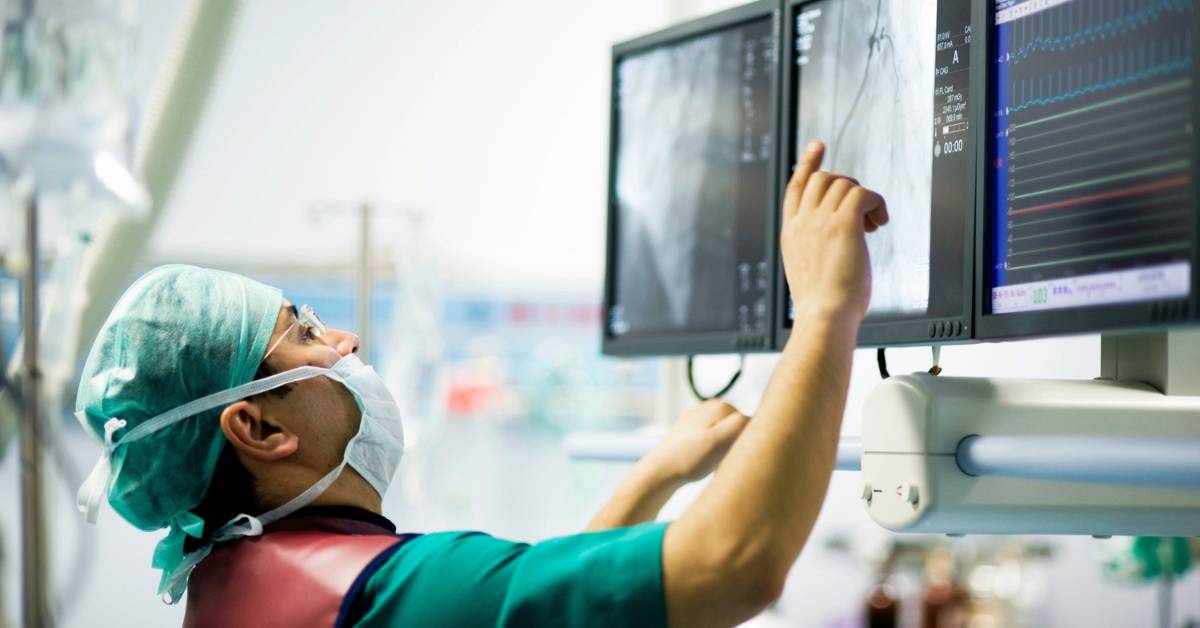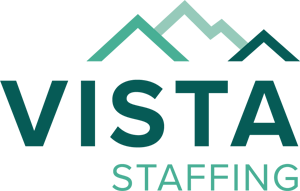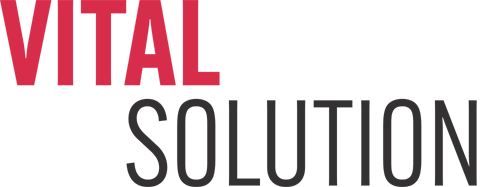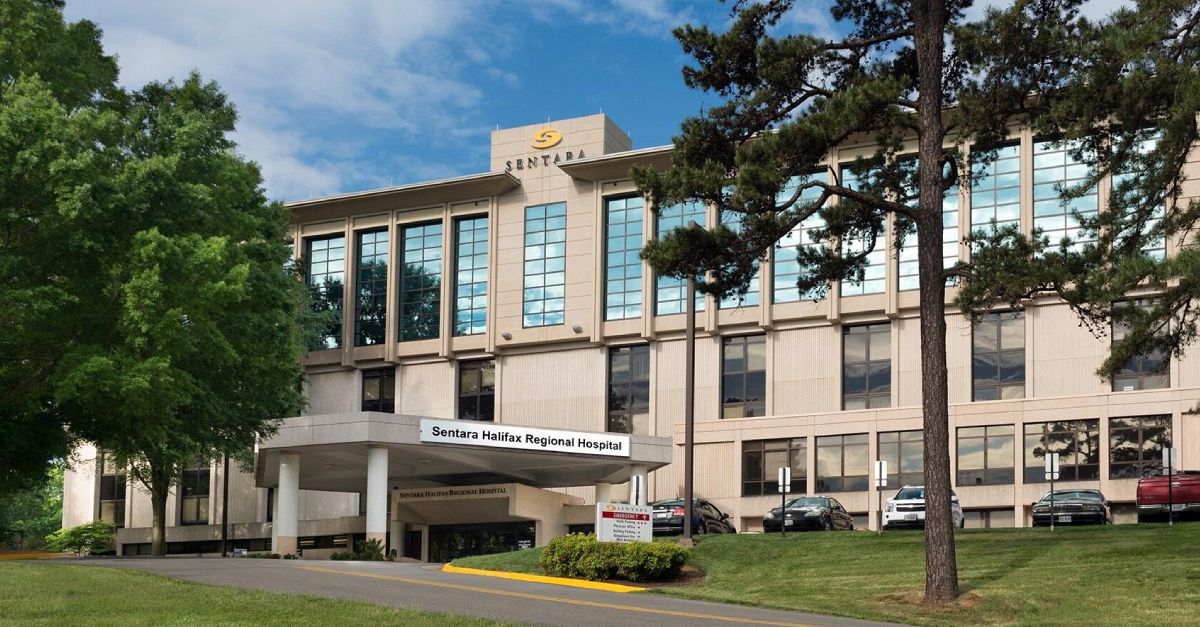
Interventional Cardiology: A Commitment to Lifelong Learning
Interventional cardiology is a field that requires continuous learning and adaptation to new technologies. And those who don’t keep up with the latest advancements in the field risk being left behind.
“Our specialty is device-based, and those devices are evolving all the time,” explains interventional cardiologist Nishant Kalra, MD, FACC, FSCAI, FASE, RPBI. “Once you’re in medicine, you’re committed to being a lifelong learner. Otherwise, you’re left behind. Fellows will be coming up, and they will be up to date on the latest advancements in the field. We need to stay at the forefront.”
In January, Dr. Kalra began hosting virtual cath lab webinars for CardioSolution clinicians. During these quarterly seminars, participants observe and discuss interesting cases and procedures, including any complications or challenges that were encountered. He was inspired to develop the webinar program for several reasons:
- To provide an opportunity for cardiologists to stay up to date on the latest techniques and technologies and enhance their clinical skills
- To create a sense of community and encourage a positive work environment among physicians
- To improve job satisfaction and physician retainment and reduce feelings of isolation
- To create a forum for interdisciplinary collaboration among physicians, field managers, cardiac techs, and cardiac nurses
- To improve the quality of patient care
- To enable networking, collaboration and partnership among interventional cardiologists in the company
- To share best practices and experiences and facilitate an exchange of knowledge so physicians can learn from their peers
- To foster and inspire new ideas and innovation among CardioSolution physicians and other clinicians
- To further CardioSolution’s reputation as a leader in regional hospital-based cardiac care and an employer of choice for interventional cardiologists
Clinicians who continue to learn and ask questions are better equipped to provide high-quality care to their patients and make informed decisions.
Nishant Kalra, M.D.
“Clinicians who continue to learn and ask questions are better equipped to provide high-quality care to their patients and make informed decisions,” Dr. Kalra explains. “If we keep using old technology, we’re doing our patients a disservice. We must be comfortable learning about and using new and better techniques.”
Continuing Education Includes Learning How to Care for Yourself
Lifelong learning doesn’t just mean becoming a better doctor technically; it also means working on yourself and improving your personal life.
As part of Ingenovis Health’s Advocacy Career Tools (ACT) Program, an initiative providing CardioSolution team members with the tools and resources to advance their careers, the company also hosts a series of self-care webinars with Samantha Hedgspeth, Ph.D. Recent topics include reconditioning relationships in your personal and professional lives, and wellness from within, which covered how to find your center, the importance of mobility, and physical health conditioning.
“Self-care is very important,” Dr. Kalra says. “I strive to start each day positively. When too many things are happening at the same time—work, family, to-do list—it’s easy to get overwhelmed and have negative feelings. And once you get upset, burnout can creep in because you’re being pulled in so many directions. I have found that when I stay positive and work to prioritize my commitments, everything else falls into place. Keeping a positive attitude is very important for your own sanity.”
Find a Mentor or Become One
Another way that interventional cardiologists can keep their skills sharp is through mentorship. Whether you are the mentor or you connect with someone with more experience, mentorship can unlock new experiences and deeper understanding.
Jasdeep Dalawari, MD, cardiologist and regional chief medical officer at CardioSolution, defines a mentor as “a person who teaches and offers help and advice to a less experienced and often younger person.”
In cardiology, your mentor can be a fellow clinician, resident, or medical student. Truly great mentors can help their mentees become better practitioners. They can provide advice on patient care, referrals to subspecialists, and tips for handling specific situations. At times, mentors can teach their mentees how to balance work, family, and other obligations while keeping up with their medical studies.
The more you ask questions and listen attentively, the more your mentee will open up. Mentoring is a great way to help guide the next generation of physicians while also helping your colleagues and patients. “It’s rewarding to help guide mentees to think about the correct approach and choose the best equipment for the current job,” says Dr. Dalawari.
Educational Resources for Interventional Cardiologists
There are numerous ways to fit education into your professional life. In addition to the resources discussed above, our cardiologists also recommend:
Conferences, such as the Transcatheter Cardiovascular Therapeutics (TCT) conference, also provide opportunities to learn more about advancements in the field. “I go to industry conferences and visit the booths of every company in the industry to see what new technology is on the horizon,” Dr. Kalra explains. “Talking to your device reps is very important. They will let you know if anything new is coming to the market.”
Join CardioSolution today and take control of your career! Discover unparalleled flexibility and professional satisfaction as an interventional cardiologist. Learn more and apply now.
 company
company 
 (866) 755-7519
(866) 755-7519











